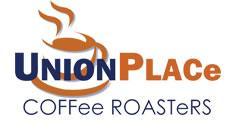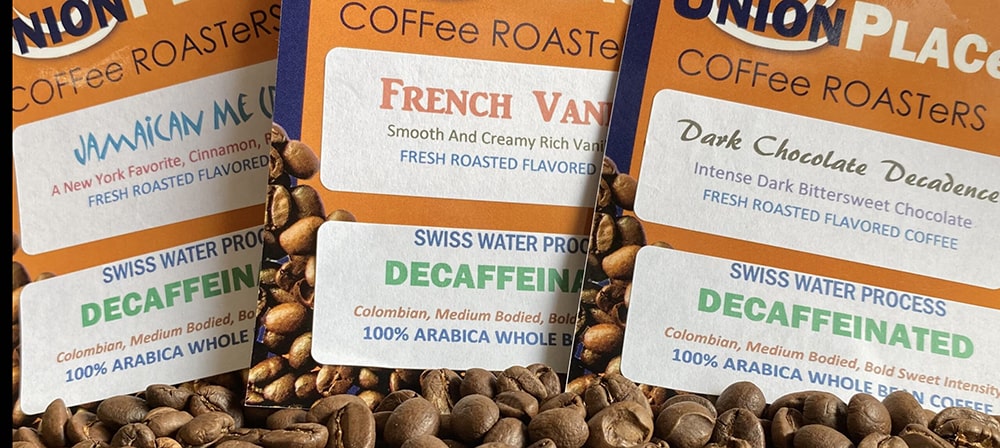Decaffeinated coffee has become a popular choice for those who love the taste of coffee but want to avoid the stimulating effects of caffeine. Among various decaffeination methods, the Swiss Water Decaf Method stands out for its unique approach and commitment to preserving the natural flavors of coffee. Let’s delve into what the Swiss Water Process is, how it works, and why it’s a preferred choice for many coffee enthusiasts.
Understanding Decaffeination
Before we dive into the specifics of the Swiss Water Process, it’s essential to understand what decaffeination is. Decaffeination is the process of removing caffeine from coffee beans while trying to maintain as much of their original flavor as possible. Several methods exist for decaffeinating coffee, including solvent-based processes and non-solvent-based processes.
What is Swiss Water Process?
The Swiss Water Decaf Method is a non-solvent-based decaffeination process that uses water to remove caffeine from coffee beans. This method was developed in Switzerland in 1933 and has since gained popularity for its ability to produce high-quality, great tasting decaf coffee without using chemicals.
How Does It Work?
The Swiss Water Process involves several steps, relying on water, temperature, and time to remove caffeine while preserving the flavor of the coffee.
Here’s how it works:
- Green Coffee Extract (GCE) Preparation: The process begins with creating Green Coffee Extract (GCE), which is essentially water saturated with soluble components of green coffee beans except for caffeine.
- Soaking: The green coffee beans are soaked in hot water to dissolve their caffeine content. This step also extracts other soluble compounds that contribute to the flavor profile of the beans.
- Filtering: The water containing dissolved caffeine and other compounds passes through activated charcoal filters designed specifically to capture only caffeine molecules. This results in GCE that retains all flavor compounds but lacks caffeine.
- Re-soaking: The GCE is then used to soak another batch of green coffee beans. Because this solution already contains all flavor components except for caffeine, it doesn’t extract additional flavors from these new beans but continues to remove their caffeine content.
- Drying: Once sufficient caffeine has been removed, the beans are dried back to their original moisture content and prepared for roasting.
Advantages of Swiss Water Process
Chemical-Free
One significant advantage of the Swiss Water Decaf Method is that it doesn’t use any chemicals or solvents like methylene chloride or ethyl acetate commonly found in other decaffeination methods. This makes it an attractive option for health-conscious consumers who prefer natural products.
Flavor Preservation
Another key benefit is its ability to preserve much of the original flavor profile of the coffee beans. Since no harsh chemicals are involved, there’s less risk of altering or diminishing delicate flavors inherent in high-quality coffees.
Environmentally Friendly
The Swiss Water Process also boasts environmental benefits due to its reliance on water rather than chemical solvents which can be harmful if not disposed properly.
Extracted Caffeine Re-Used
The caffeine extracted from coffee beans through methods like the Swiss Water Process is often sold to pharmaceutical companies, beverage manufacturers, and other industries.
Here are some common uses for extracted caffeine:
- Pharmaceuticals: Caffeine is used in medications, such as pain relievers and stimulants, to help treat conditions like headaches and migraines.
- Soft Drinks and Energy Drinks: Caffeine is a key ingredient in many sodas and energy drinks, where it is added to provide a stimulant effect.
- Cosmetics: Caffeine is also used in certain skincare and cosmetic products due to its potential to reduce puffiness and improve skin appearance.
- Food Products: Some food products, such as chocolate and certain snacks, may contain added caffeine.
In essence, the caffeine extracted during decaffeination is a valuable commodity and is put to various uses across multiple industries.
Why Choose Swiss Water Decaf Coffee?
Choosing a decaf option made using this method offers several compelling reasons:
Health Considerations
For individuals sensitive or allergic to certain chemicals used in traditional decaffeination processes, opting for a product processed via this method ensures they avoid potential adverse reactions while still enjoying their favorite beverage without compromising on taste quality significantly compared against regular caffeinated versions available commercially today.
Taste Quality
Many aficionados argue that coffees processed through this technique retain more nuanced notes compared against those treated chemically – making them ideal choices particularly when seeking out premium-grade single-origin varieties where subtle differences matter most.
Ethical Consumption
Supporting brands utilizing eco-friendly practices aligns well within broader movements toward sustainable consumption patterns increasingly adopted globally across various industries including food & beverage sectors alike.
Understanding what constitutes ‘Swiss-Water-Process’ helps demystify why so many discerning drinkers gravitate towards these offerings over alternatives available market-wide today. Whether driven by health concerns, ethical considerations, or simply desire superior-tasting brews free of artificial additives – embracing such innovations represents win-win scenario benefiting both consumers and producers alike. So next time you’re shopping around looking for the perfect decaffeinated cup, try one of our Swiss-Water-Decaf coffees available in regular and flavored options.


Customer Reviews